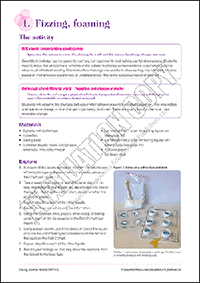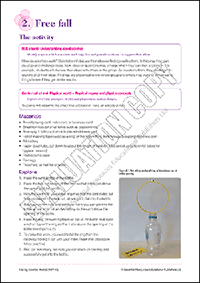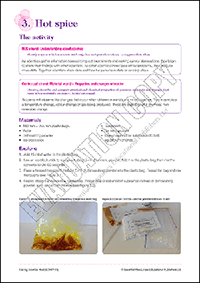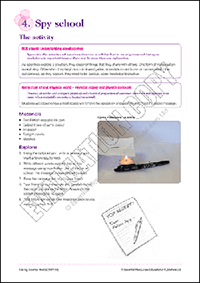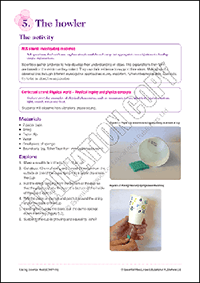
Nature of science rubrics
Rubrics offer one way of providing feedback that allows students to understand their development in terms of a continuum. This unit contains two sets of rubrics: a generic set developed for key skills needed in applying
the nature of science; and a second set developed by the staff at Kirwee Model School, Christchurch, New
Zealand. Although set out differently, both sets of rubrics provide examples of how a school can develop the
nature of science by exploring those elements that make up the "big idea".
Topics:
Assessment
Resource Types:
Teacher Support
Years:
3-8
|
Pages:
12
|
Code: E3987-18
Series: Making Science Real
|
NZD incl GST
|
Add to cart | |
| or more | each |
